The power of narrative: Theology through stories in Jewish scripture
The Hebrew Bible, or Tanakh, stands as one of the most influential collections of religious texts in human history, not merely for its theological content but for the narrative form through which its ideas are conveyed. Unlike systematic theological treatises, the Jewish scriptures primarily communicate theological concepts through stories — narratives that span from creation myths and patriarchal sagas to accounts of national crises, exiles, and restorations. These stories serve not only as records of collective memory but also as vehicles for theological reflection, moral instruction, and cultural identity.

First pages of the Book of Bereshit, Chumash (Torah in printed form) with Haftarot and Megillot, 1344, Israel Museum. Source: Wikimedia Commonsꜛ (license: public domain)
The narrative form and its theological implications
Narrative occupies a central role in the Hebrew Bible, structuring its theological discourse through plot, character, and dramatic tension. From the opening verses of Genesis to the poetic and prophetic visions of restoration in later books, the Bible employs storytelling to address fundamental questions about existence, morality, and divine purpose.
Creation narratives: Cosmic and theological foundations
The opening chapters of Genesis present two distinct creation accounts (Genesis 1:1–2:3 and 2:4–25), each offering complementary theological insights. The first account, structured as a liturgical and orderly narrative, emphasizes YHWH’s sovereignty and the goodness of creation. The repeated refrain, “And God saw that it was good”, underscores the inherent value and purpose of the created world.
The second account, focusing on the relationship between humanity and the divine, introduces themes of moral responsibility and free will. The narrative of Adam and Eve in the Garden of Eden (Genesis 3) functions as an archetypal story, exploring the tension between human autonomy and divine command. These foundational narratives do not simply present theological abstractions but invite readers to grapple with the nature of human existence within a divinely ordered cosmos.
The patriarchal narratives: covenant and faith
The stories of the patriarchs — Abraham, Isaac, Jacob, and Joseph — form a core narrative cycle in the Hebrew Bible, illustrating the development of the covenantal relationship between YHWH and the chosen people. These stories combine theological motifs with rich character development, offering insights into faith, struggle, and divine providence.
Abraham’s journey of faith
The narrative of Abraham, beginning in Genesis 12, presents a theological vision of faith and obedience. YHWH’s call to Abraham to leave his homeland and embark on a journey to an unknown land serves as a paradigm for the human response to divine initiative. The covenant with Abraham, marked by promises of land, descendants, and blessing (Genesis 15, 17), establishes the framework for the theological concept of chosenness.
The binding of Isaac (Genesis 22), known as the Akedah, represents one of the most profound and enigmatic episodes in the Bible. This narrative raises complex questions about the nature of divine command, human obedience, and moral agency. Its unresolved tension invites continual interpretation and reflection, making it a touchstone for theological inquiry.
The Joseph story: Providence and reconciliation
The extended narrative of Joseph (Genesis 37–50) weaves themes of divine providence, human agency, and reconciliation into a compelling story. Joseph’s rise from betrayal and slavery to a position of power in Egypt illustrates the hidden workings of YHWH’s will. His climactic declaration to his brothers, “You intended it for evil, but God intended it for good” (Genesis 50:20), encapsulates the theological vision of YHWH’s redemptive purpose in human history.
National narratives: Exodus and covenant
The Exodus story, central to Jewish identity and theology, narrates the liberation of the Israelites from Egyptian bondage, their journey through the wilderness, and the establishment of the covenant at Sinai. This narrative functions as both a historical memory and a theological template, shaping the collective identity of Israel and its understanding of YHWH’s redemptive power.
Theological themes of the exodus
The Exodus narrative portrays YHWH as the liberator of the oppressed, emphasizing divine compassion and justice. The plagues, the parting of the Red Sea, and the giving of the Law at Sinai are dramatic expressions of YHWH’s sovereignty and covenantal faithfulness. The repeated exhortation to “remember” the Exodus (e.g., Deuteronomy 5:15) underscores its enduring theological significance, linking it to the ethical imperatives of justice and compassion.
Covenant and law
The narrative of Sinai and the giving of the Torah (Exodus 19–24) establishes the covenantal relationship between YHWH and Israel. This story integrates theology with law, presenting divine commandments as a response to YHWH’s redemptive acts. The narrative form of the covenant underscores its relational and dialogical nature, inviting the Israelites to live in accordance with YHWH’s will.
Wisdom and prophetic narratives: human struggle and divine purpose
The wisdom literature and prophetic books of the Hebrew Bible often employ narrative elements to address theological and existential questions, blending personal stories with universal themes.
The Book of Job: Theodicy in narrative form
The story of Job, structured as a narrative frame with poetic dialogues, explores the problem of suffering and the justice of YHWH. Job’s struggle to understand his afflictions and his ultimate encounter with YHWH highlight the limits of human knowledge and the mystery of divine purpose. The narrative format allows readers to engage with Job’s questions in a personal and reflective manner.
Prophetic narratives: Calling and mission
The stories of the prophets, such as Isaiah, Jeremiah, and Jonah, often begin with dramatic accounts of their divine calling. These narratives highlight the tension between human reluctance and divine commission, illustrating the cost of faithfulness and the challenge of speaking truth to power. Jonah’s story, in particular, combines theological depth with narrative irony, exploring themes of mercy, repentance, and the universality of YHWH’s compassion.
Narrative theology and its legacy
The use of narrative in the Hebrew Bible reflects a theological approach that prioritizes engagement over systematic explanation. By presenting theology through stories, the Bible invites readers to enter into its world, to identify with its characters, and to wrestle with its themes. This participatory nature of narrative theology ensures its relevance across cultures and generations.
Stories as communal memory
The narratives of the Hebrew Bible serve as a repository of communal memory, linking past events to present identity and future hope. The retelling of these stories in liturgical and educational settings reinforces their theological significance and fosters a sense of continuity.
Interpretation and reinterpretation
The openness of narrative to interpretation and reinterpretation is a hallmark of Jewish theology. Rabbinic literature, from the Talmud to midrashic commentaries, demonstrates how biblical stories continue to generate new insights and applications. This dynamic process of engagement ensures the vitality of the text and its theology.
Conclusion
The narratives of the Hebrew Bible are not merely vehicles for theological content but integral to the theology itself. Through stories, the Bible addresses fundamental questions about divine, humanity, and the world in a way that is accessible, evocative, and enduring. The power of narrative lies in its ability to convey complex truths through the lived experiences of its characters, inviting readers into a transformative dialogue with the text and its theology.
References and further reading
- Alexander Brungs, Georgi Kapriev, Vilem Mudroch, Die Philosophie des Mittelalters. Bd. 1. Byzanz. Judentum, 2019, Schwabe Verlagsgruppe, ISBN: 9783796526237
- Walter Dietrich, Hans-Peter Mathys, Thomas Römer, Rudolf Smend, Die Entstehung des Alten Testaments, 2014, Verlag W. Kohlhammer, ISBN: 9783170203549
- Richard Friedman, Who Wrote The Bible?, 2019, Simon & Schuster, ISBN: 9781501192401
- James Karl Hoffmeier, Akhenaten And The Origins Of Monotheism, 2015, Oxford University Press, USA, ISBN: 9780199792085
- Jan Assmann, From Akhenaten to Moses - Ancient Egypt and religious change, 2014, Oxford University Press, ISBN: 9789774166310
- Benjamin D. Sommer, The Bodies Of God And The World Of Ancient Israel, 2009, Cambridge University Press, ISBN: 9780521518727
- William G. Dever, Did God have a wife? - Archaeology and folk religion in ancient Israel, 2008, Wm. B. Eerdmans Publishing, ISBN: 9780802863942
- James S. Anderson, Monotheism and Yahweh’s appropriation of Baal, 2015, Bloomsbury T&T Clark, eThe Library of Hebrew Bible/Old Testament Studies, ISBN: 978-0567683076
- Stephen Mitchell, Peter Van Nuffelen, One God – Pagan monotheism In the Roman Empire, 2010, Cambridge University Press, ISBN: 9780521194167
- William G. Dever, Who were the early Israelites and where did they come from?, 2006, Wm. B. Eerdmans Publishing, ISBN: 9780802844163
- William M. Schniedewind, How the Bible became a book – The textualization of ancient Israel, 2004, Cambridge University Press, ISBN: 9780521829465
- Bart D. Ehrman, The New Testament – A historical introduction to the early Christian writings, 2000, Oxford University Press, USA, ISBN: 9780195126396
- Bart D. Ehrman, Forged: Writing in the name of God – Why the Bible’s authors are not who we think they are, 2011, HarperOne, ISBN: 9780062012616
- Bart D. Ehrman, Jesus – Apocalyptic prophet of the new millennium, 1999, Oxford University Press on Demand, ISBN: 9780195124736
- Bart D. Ehrman, God’s problem: How the Bible fails to answer our most important question – Why we suffer, 2008, HarperOne, ISBN: 9780061578311
- Israel Knohl, The Messiah Before Jesus - The Suffering Servant Of The Dead Sea Scrolls, 2000, Univ of California Press, ISBN: 9780520215924
- Smith, M. S., The Early History of God: Yahweh and the Other Deities in Ancient Israel, 2002, Eerdmans, ISBN: 978-0802839725
- Coogan, M. D., The Oxford History of the Biblical World, 2001, Oxford University Press, ISBN: 978-0192802033
- Miller, P. D., The Religion of Ancient Israel, 2007, Westminster John Knox Press, ISBN: 978-0664232375
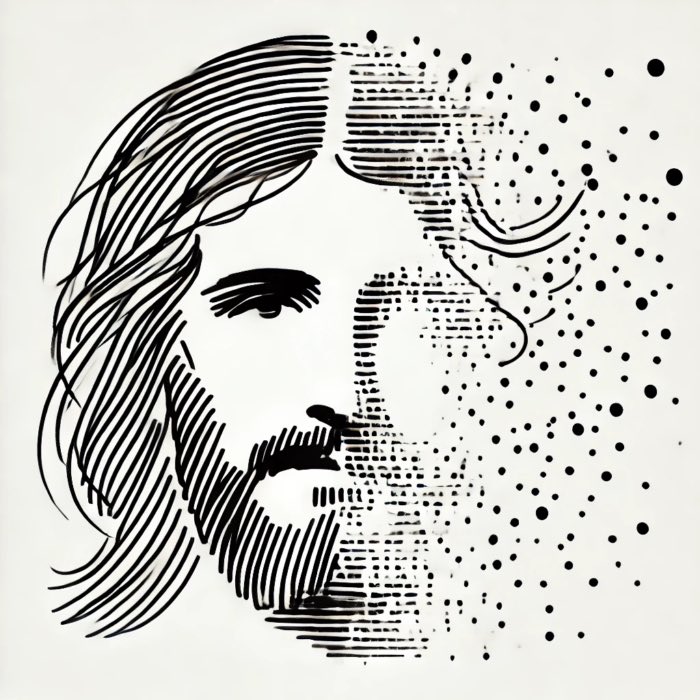
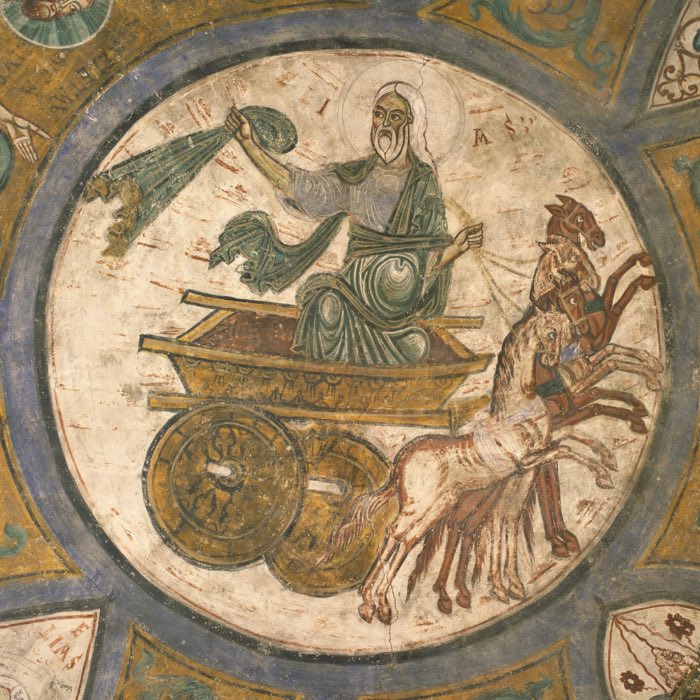
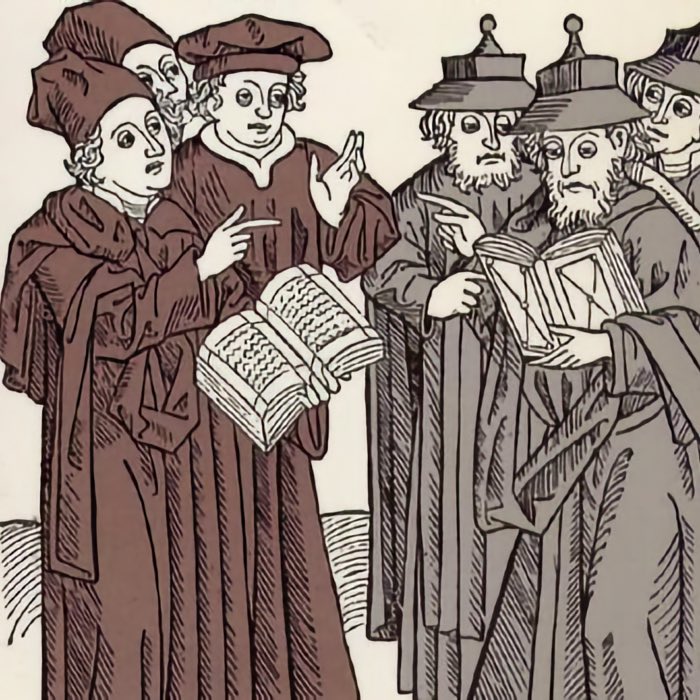
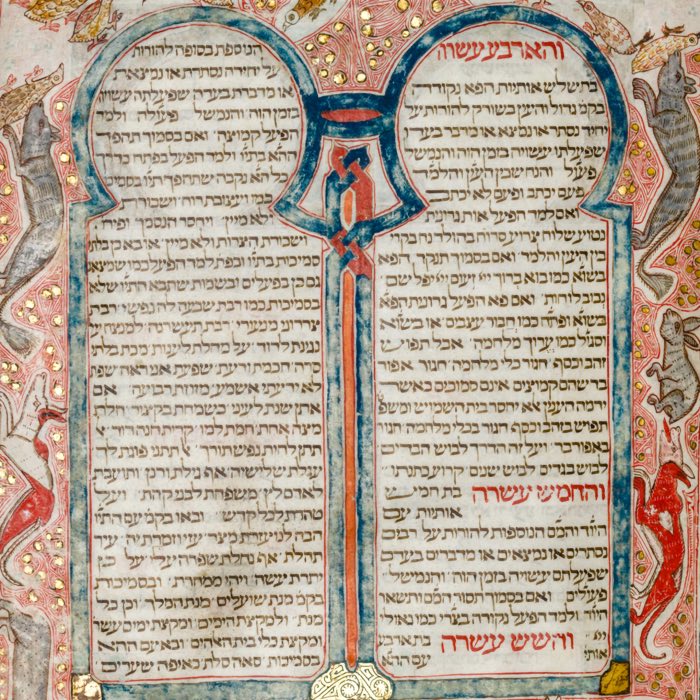
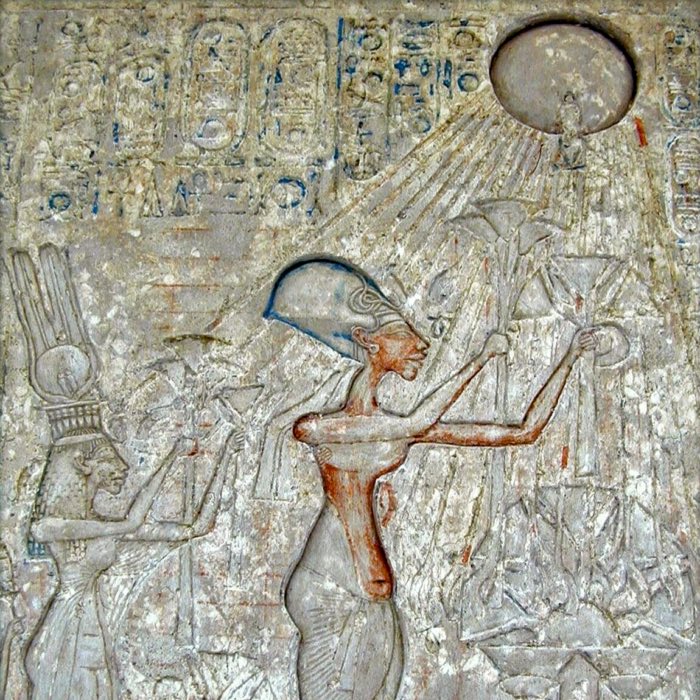
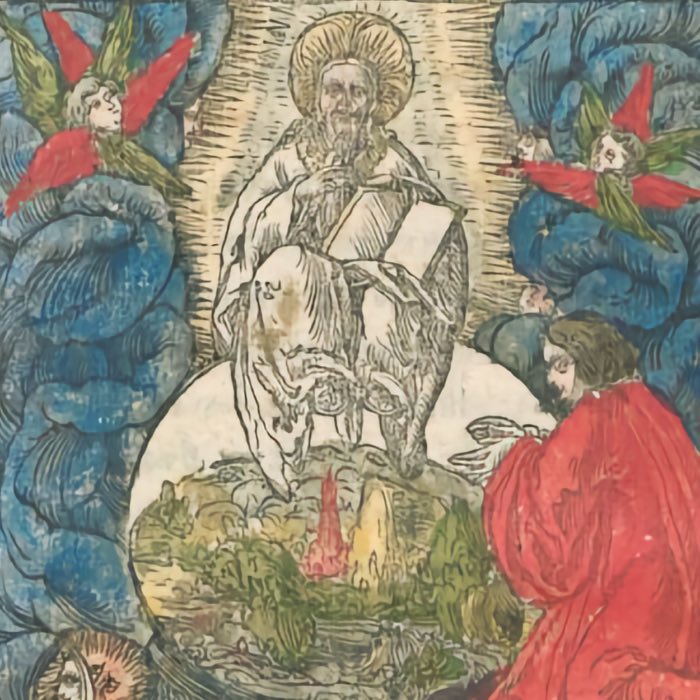
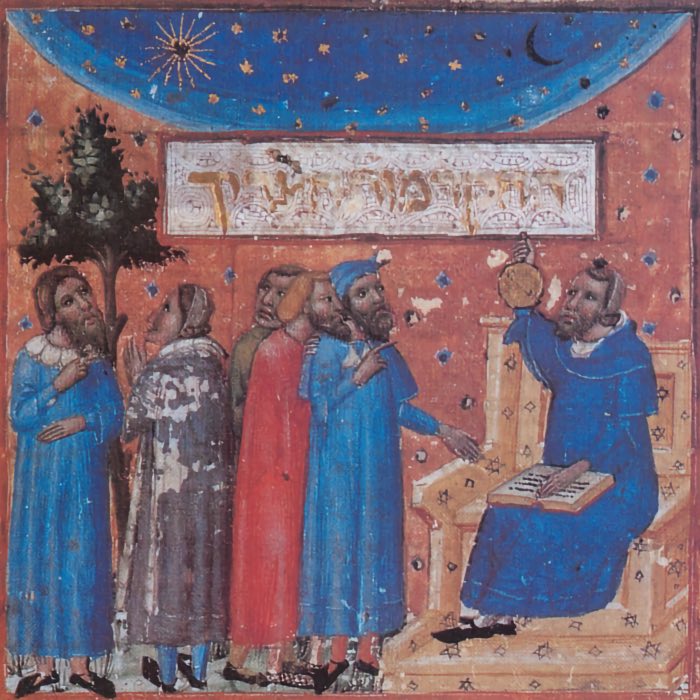

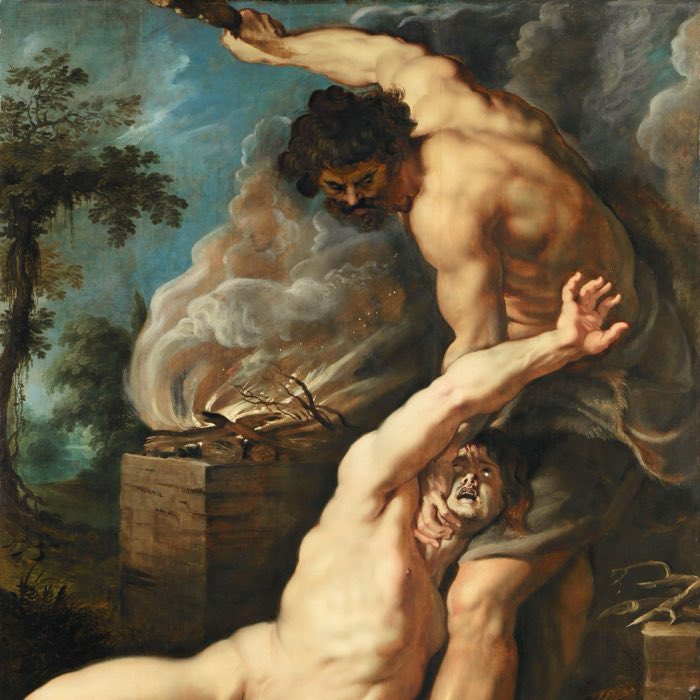
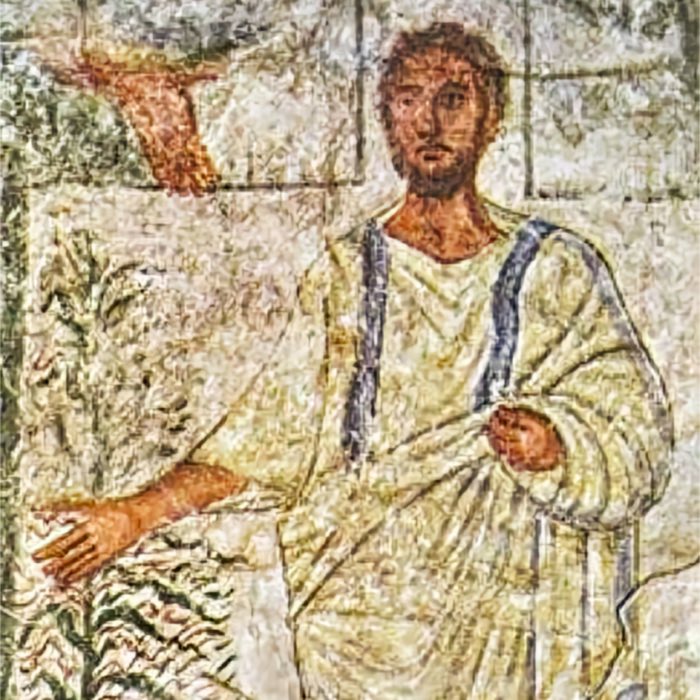
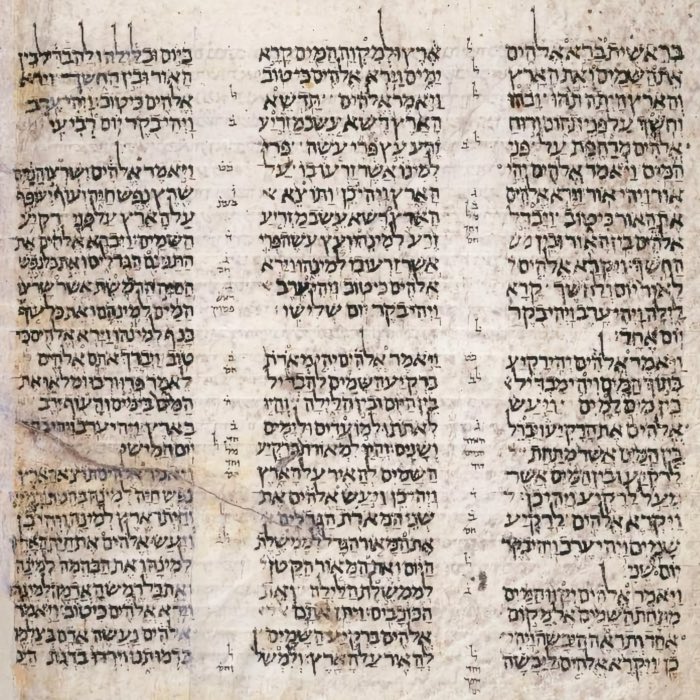
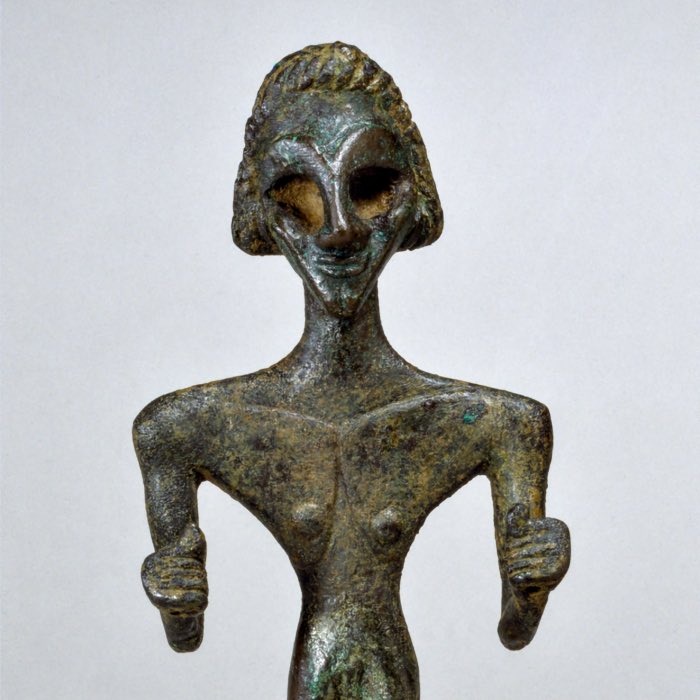
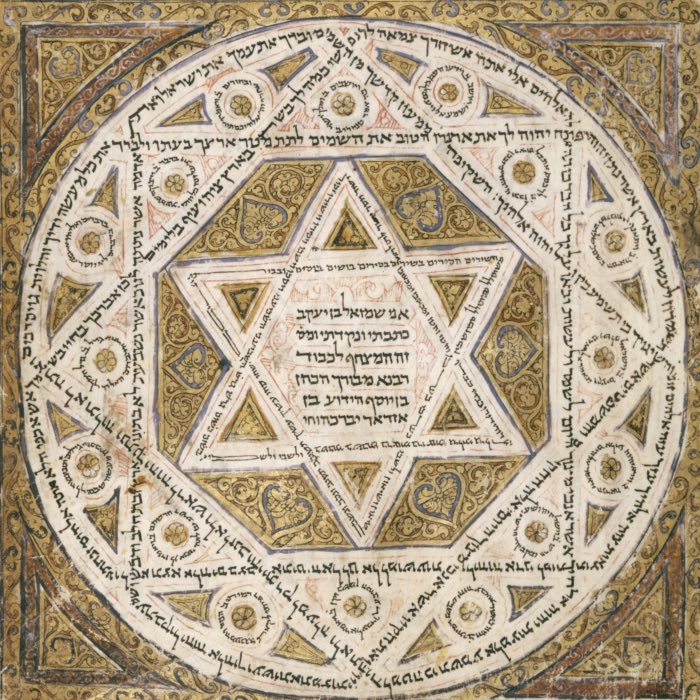
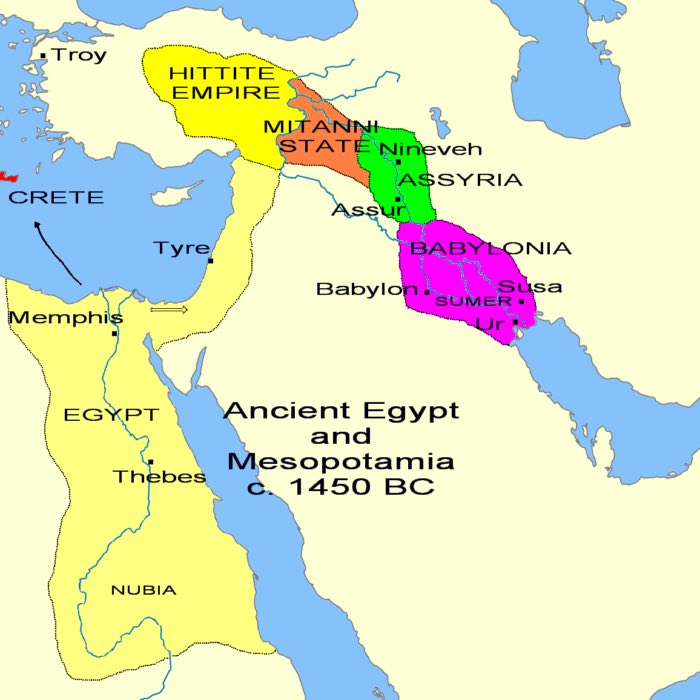
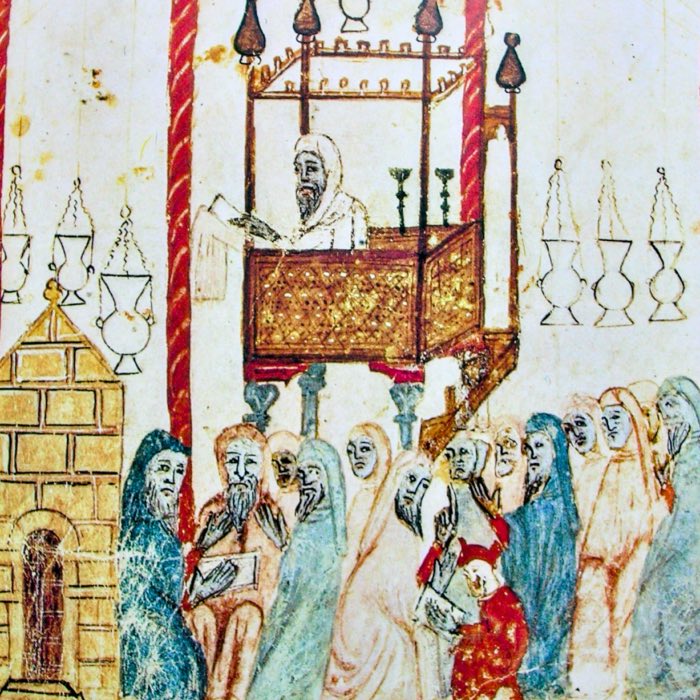
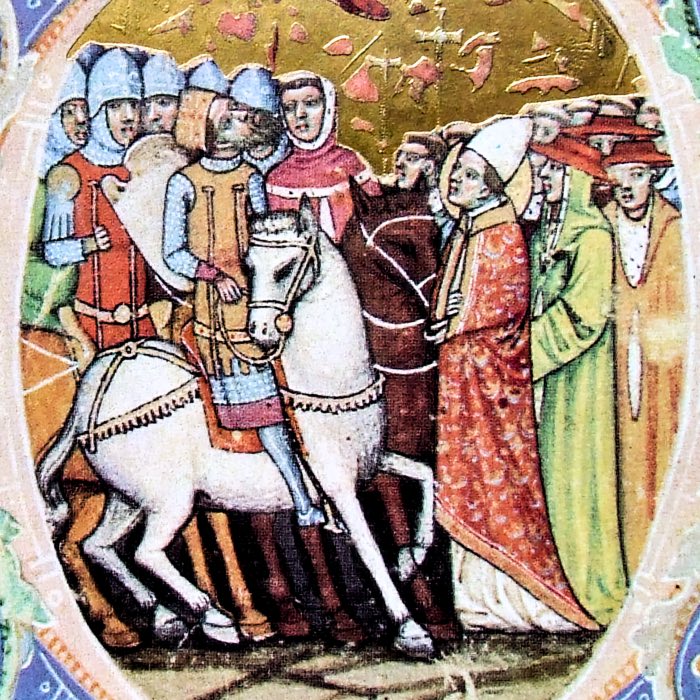
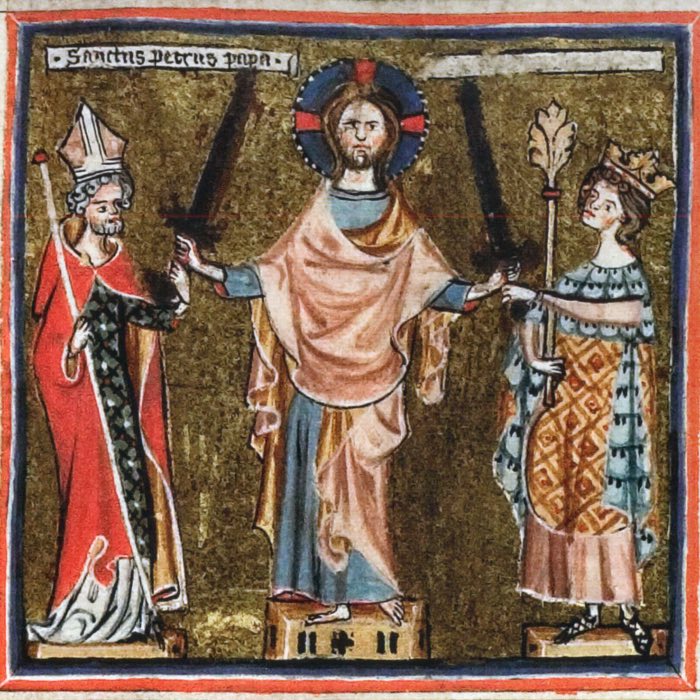
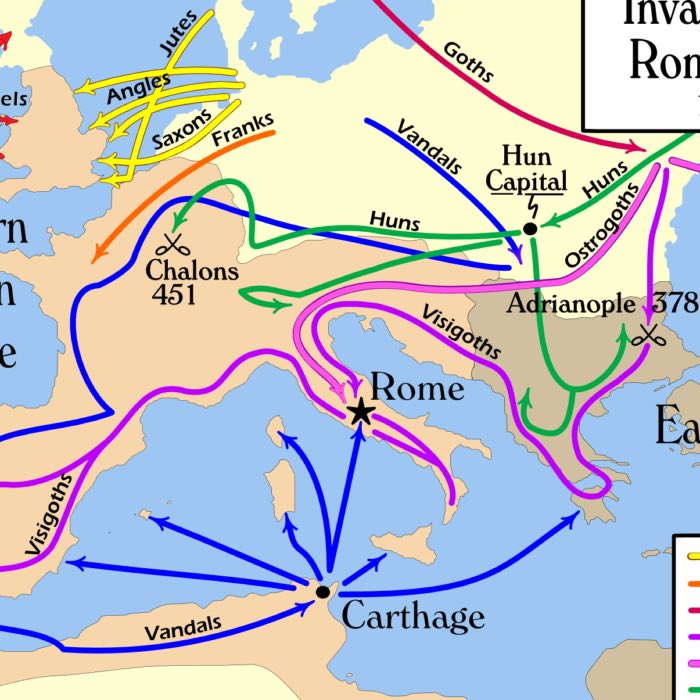
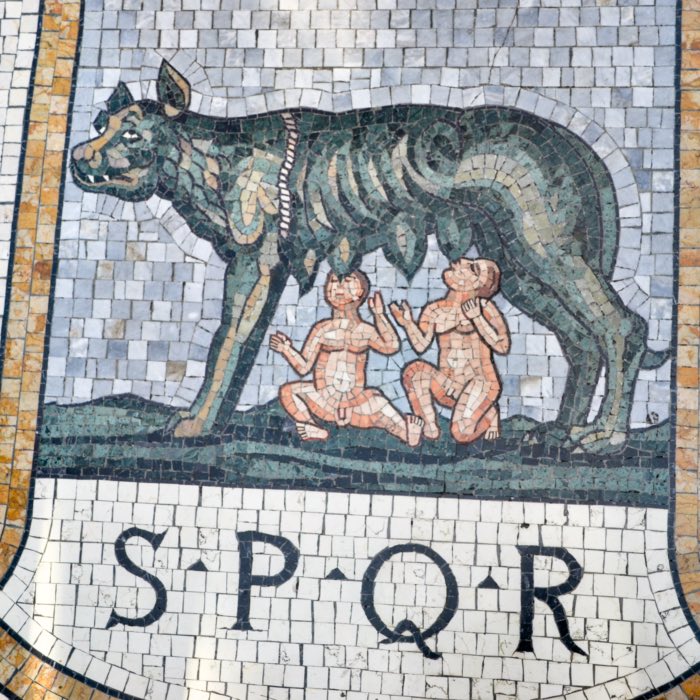

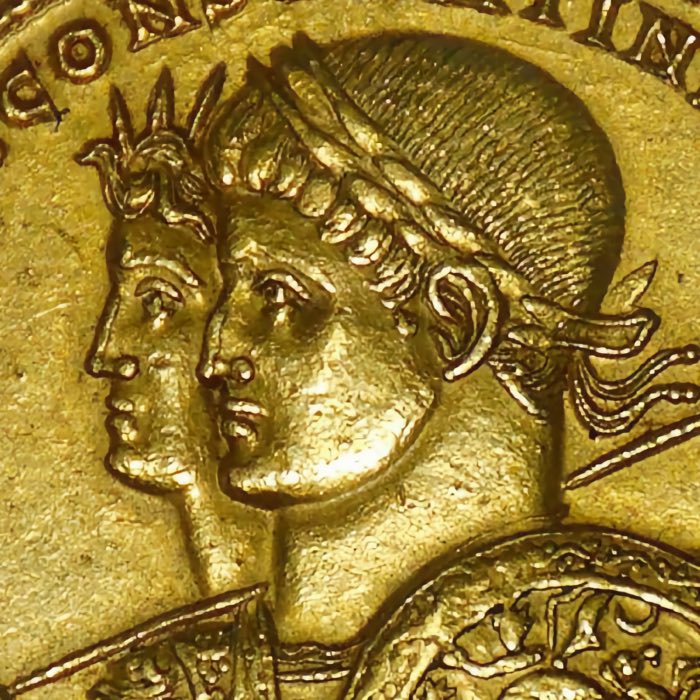
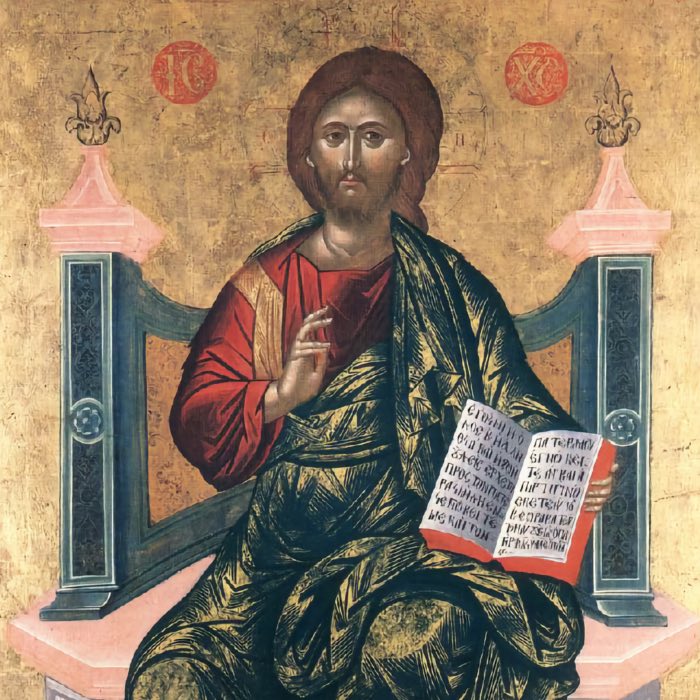
comments